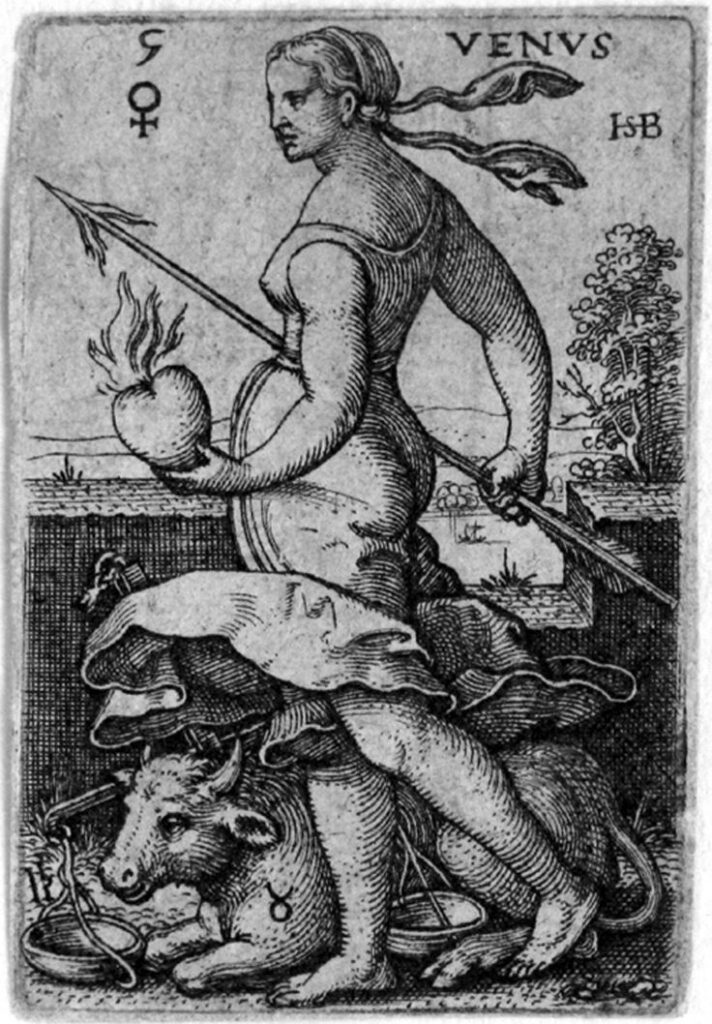The final lines of the Letter to the Romans contain the kiss of peace, the osculum sanctum. In the early assemblies, the faithful would exchange the kiss before the communion of bread and wine. Lips met as the sign that the same breath moved within them. The rite was simple, but its simplicity veiled a metaphysical depth that only the initiated could perceive. The words of Paul, when he writes, “Greet one another with a holy kiss,” do more than instruct civility. The Spirit does not dwell in isolation. It circulates through contact. The Divine passes mouth to mouth, spirit to spirit, as once the Creator breathed into the dust.
I. The Pauline Osculum Sanctum
Paul’s Greek word is φίλημα ἅγιον (philēma hagion), a “holy kiss”, from philein, to love, to greet. The Latin osculum means a small mouth, a diminutive of os. The mouth, where the Word takes shape, is the site of mutual recognition. The early Church received this instruction with gravity. The osculum pacis, the kiss of peace, preceded the Eucharist. The unbaptised could not partake in it, as it marked entry into the living Body. Through the touch of lips, the believers affirmed that they were animated by one breath, the pneuma hagion.
In the Greek phrase, the adjective hagion (holy) means set apart, consecrated, clean of mixture. The kiss was a purification. Two breaths joined and, in joining, were cleansed. The holiness was not in the lips but in the awareness of unity. When people greeted another in the Spirit, they would recognise that no division remained between Spirit and flesh. Kissing in the Spirit means that the Divine does not hover above the world, as it moves through lungs, saliva, and skin.
The gesture unites the faculties of the human microcosm. The lips are ruled by Taurus; the voice passes through the throat and the kiss vibrates through the neck. All these belong to the second sign of the zodiac, the fixed earth that gives form to sound. When Paul orders the osculum sanctum, he invites the faithful to let the Spirit solidify, to make the breath incarnate. The Divine word becomes physical vibration and the body becomes vessel of speech. It is the most tender form of theophany: God uttered through touch.
II. The Inversion: Osculum Infame
Centuries later, the same gesture would be twisted into its parody: the osculum infame. The inquisitors described it in dark detail. They claimed that those who served the Devil sealed their pact by kissing his body in obscene places like the anus. The description reveals less about witches than about theology’s own fear of its shadow. What the Church called infame (shameless, unspeakable) was the inversion of the sacrament. The breath that once ascended to heaven now descended into the abyss.
Etymologically, infamis joins in (without) and fama (voice). The infamous is the voiceless one, the being stripped of name and song. The osculum infame is therefore the kiss that silences. In it, the mouth no longer utters the Word; it devours or submits. The sacred reciprocity of the osculum sanctum becomes domination, the kiss of slavery. It is the Spirit bending before the instinct.
In the Middle Ages, this act symbolised a deliberate inversion of the cosmic hierarchy. Instead of lifting matter, the sould adored it. The Sacred mouth, made for benediction, touched the place of excretion. The same organ that could say Amen bowed to the void. It is the most radical image of Spiritual corruption: not rebellion, but reversal.
But this image contains a dark wisdom: the adversary imitates what he cannot create. The shadow exists because the Light once passed there. The obscene parody bears witness to the forgotten sanctity of the act it mocks. The osculum infame reminds the initiate that every descent of Spirit into matter demands discernment. To kiss the earth can be an act of incarnation or an act of bondage. The line, as usual, is thin.
The path of sanctity is not the refusal of the body, but its transmutation. The ancient alchemists taught that corruption is the beginning of gold. The matter that ferments in darkness is the very soil from which Spirit is reborn. Thus the osculum infame is the warning that all grace can decay if Love loses its direction. The same mouth that speaks the Word can also betray it, as Judas learned in Gethsemane.
III. Taurus, the Mouth, and the Alchemy of Venus
In the zodiacal body, Taurus reigns over the mouth, the throat, the voice, and the neck. It is fixed earth, terra firma, the region where Spirit coagulates. The first sign, Aries, ignites movement; Taurus stabilises it. The tongue presses against the palate and sound is born. In this act, matter and Spirit intertwine with quiet splendour.

The regent of Taurus is Venus and, in this sign, she manifests her most tangible power. She governs the arts of taste, speech, and sensual pleasure. She teaches the Spirit to dwell within the senses without drowning in them. Her temple is the human mouth, where desire and word meet. When Venus is pure, the mouth blesses, the voice heals, the kiss sanctifies. When Venus falls, the same instruments serve appetite alone. The distinction is subtle but decisive.
In the discipline of the soul, the mouth must be seen as the gate of alchemy. Through it we consume, breathe, and speak. It is the medium of transformation. The sacred kiss, the Eucharistic bread, the whispered prayer, the song of praise pass through this organ. Purifying it is to transmute the Venusian earth into crystal. The adept learns to speak with weight, to eat with reverence, to kiss with intention. These acts are alchemical, as they unite the four elements: fire of will, air of breath, water of saliva, earth of flesh.
Venus in Taurus is slow, magnetic and constant. She builds temples of stability around the flame of desire. When she governs the mouth, she asks the soul to love matter without being swallowed by it. The kiss becomes her instrument of elevation. In the osculum sanctum, Venus reconciles the sensual with the Divine.
The fall of Venus is the osculum infame, where pleasure forgets its origin. The redemption of Venus is the osculum sanctum, where pleasure remembers God. Between these two poles moves the entire art of spiritual embodiment. The same energy that tempts can save, once it is oriented. The kiss is the pivot.
Κύριε ελέησον
